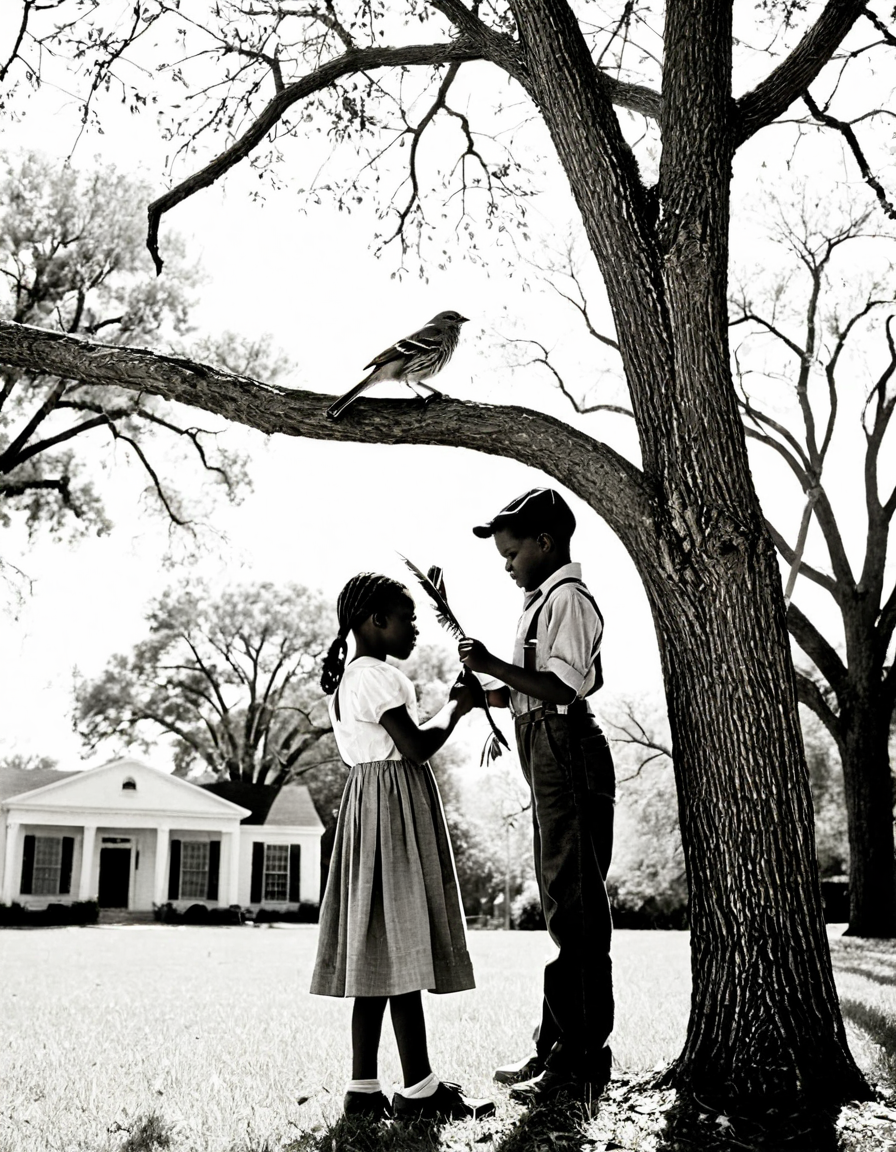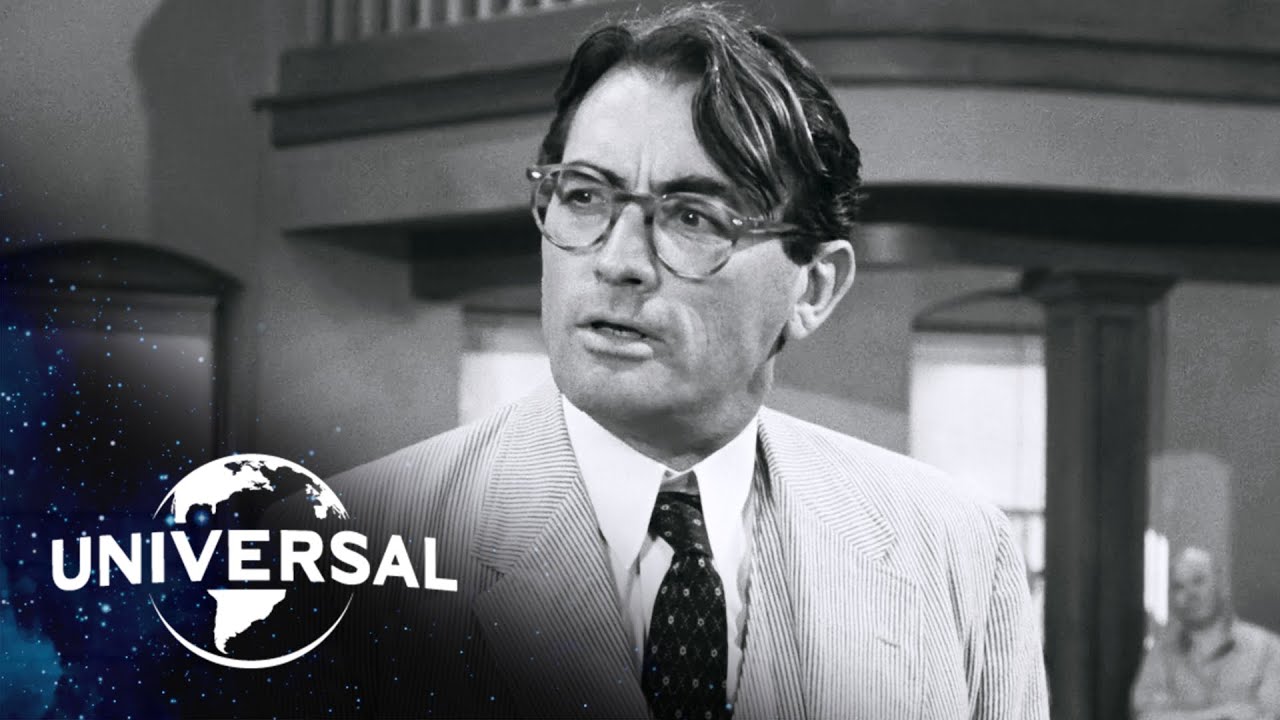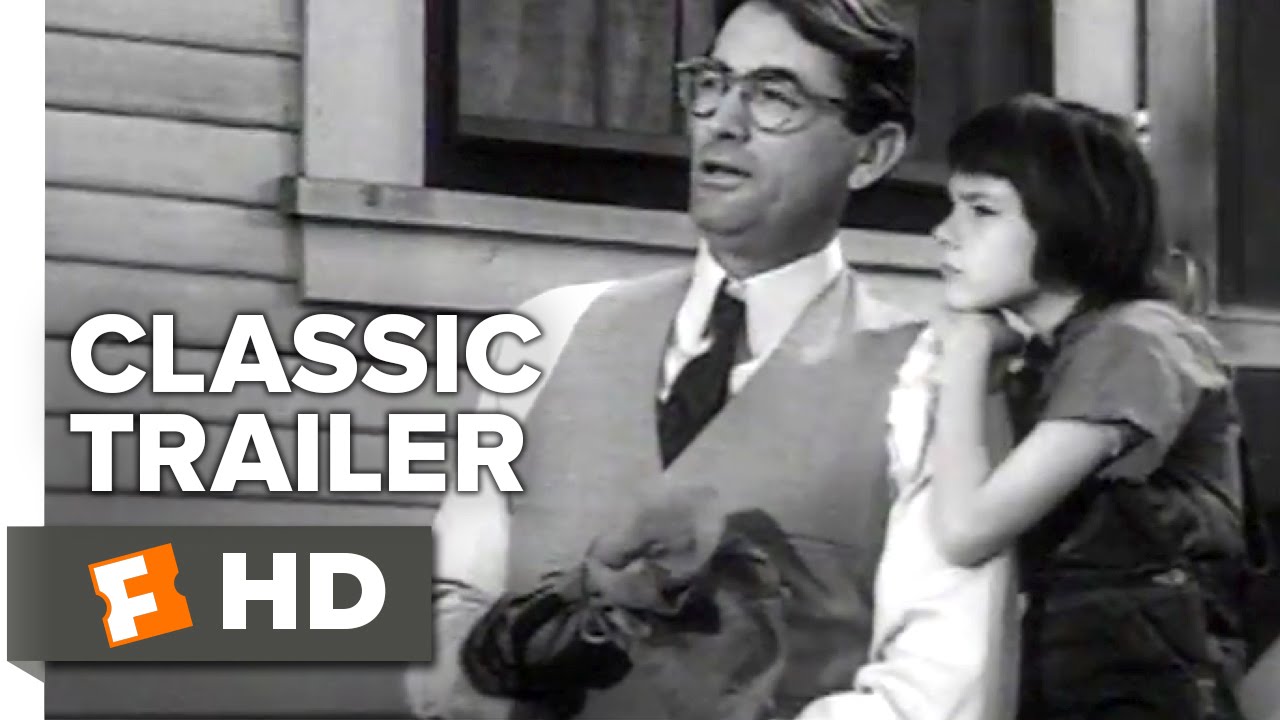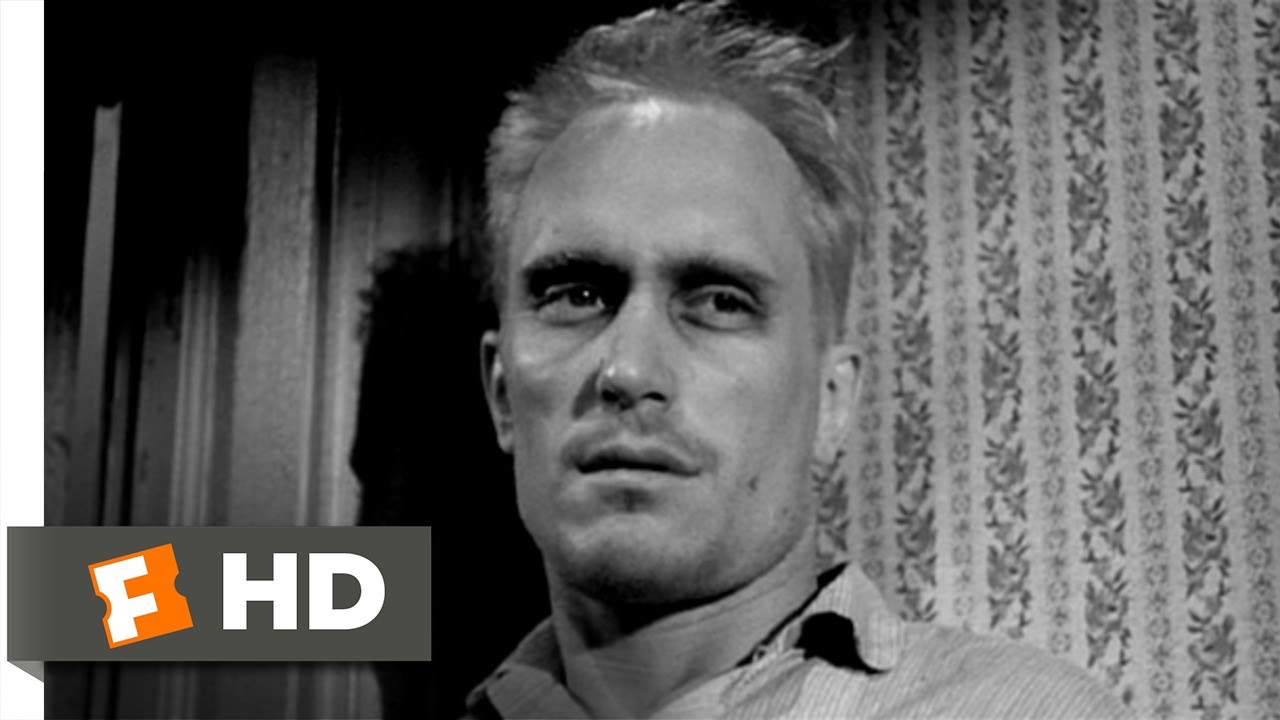Harper Lee’s To Kill a Mockingbird isn’t just a classic novel — it’s a cinematic rite of passage. With its powerful themes of justice and empathy, the story grips your heart, demonstrating that, even decades after its release, it remains as relevant as ever. Film buffs, critics, and casual viewers alike have found profound connections between the struggles depicted in To Kill a Mockingbird and modern society’s ongoing battles with inequity and understanding. Let’s dive into five powerful themes from this extraordinary work that spark thought and discussion today.
5 Profound Themes in To Kill a Mockingbird That Resonate Today

1. The Struggle Against Racial Injustice
At the heart of To Kill a Mockingbird lies an exploration of racial injustice. The harrowing trial of Tom Robinson, an African American man wrongfully accused of raping a white woman, serves as a piercing reminder of the horrific legacy of racism in America. Sound familiar? It’s all around us, prominently echoed in recent movements like Black Lives Matter. Movies such as The Hate U Give encapsulate this ongoing struggle, showcasing narratives where prejudice remains alarmingly alive.
Tom’s story isn’t just fiction; it mirrors the experiences of countless individuals facing similar prejudices. As we scroll through our feeds and see the struggles of various communities, it’s hard to overlook the parallels between Tom’s fictional courtroom drama and the real-life events that flood today’s headlines. In a time when awareness is critical, understanding this theme helps us stand against the often uncomfortable truths of systemic racism.
2. The Complexity of Moral Courage
Moral courage is not just a sprinkle of bravery; it’s a hefty portion of standing up for what’s right, even when the world pushes back. Atticus Finch’s unwavering commitment to defending Robinson in the face of blatant injustice illustrates this beautifully. Atticus embodies a refined understanding of justice—one that demands we confront the uncomfortable.
This theme of standing tall against societal pressures doesn’t just rest in Lee’s pages. If you’ve ever watched One Flew Over the Cuckoo’s Nest, you’ve seen similar struggles. Characters in that narrative challenge oppressive systems, demonstrating that sometimes, doing the right thing can lead to very personal consequences. Just like Atticus, they remind us that courage isn’t the absence of fear; it’s about overcoming it.
3. Empathy as a Tool for Understanding
One of the book’s most admirable lessons is the importance of empathy. Atticus Finch famously advises his children to “climb into someone’s skin and walk around in it.” This idea is beautifully relevant today—when you take a moment to see the world through someone else’s eyes, your perspective changes dramatically.
Recent films, like Where the Crawdads Sing, offer stunning depictions of empathy, as viewers learn to understand the isolation faced by their protagonist. When we root for characters instead of judging them, we foster connection. These moments ignite a fire in our hearts for compassion, driving home the point of empathy’s essential role in understanding others—especially during times when division feels prevalent.
4. The Loss of Innocence
Those bittersweet moments when childhood’s naivety gives way to harsh realities? That’s another major theme at play in To Kill a Mockingbird. As Scout and Jem navigate their prejudiced environment, they seem to lose that magical view of the world. However, this theme isn’t isolated to Lee’s work. Films like The Killing of a Sacred Deer show characters grappling with unimaginable choices, often reflecting the painful transition from innocence to knowledge.
This theme resonates deeply, reminding us that everyone faces moments that challenge their purity. Whether you recall your experiences or see them reflected in characters on-screen, there’s a shared essence of growing up that connects us all. The story of Scout and Jem isn’t just a reflection of growing up; it’s a reminder of how society’s complexities can invade our childhood joy.
5. The Role of Community in Justice
In To Kill a Mockingbird, the dynamics of the community illuminate the collective morality tied to justice. How does a town respond to a trial? They can uphold individual rights or completely undermine them. This theme strikes a chord today as we observe hot topics in media and local politics.
Movies like Clown in a Cornfield emphasize the social responsibilities of communities and how behaviors can shift depending on the circumstances. Often, people in tight-knit towns influence each other, for better or worse. These narratives compel us to reflect on how our communities shape our understanding of justice and morality.

Bridging Literature and Modern Society: Relevant Lessons
Whether you’re channeling your inner Scout Finch or emulating Atticus Finch’s moral resolve, To Kill a Mockingbird continues to teach vital lessons within today’s complex society. How do we confront racial injustice? How can we cultivate empathy in our daily interactions? The novel implores us to question our beliefs, actively participate in the ongoing journey toward equity, and stand up against the injustices we encounter.
As we navigate today’s battlegrounds of division and inequity, the timeless themes of Harper Lee’s masterpiece hold a mirror to society’s challenges—reminding us that the fight for understanding and justice isn’t just a part of history; it’s an ongoing journey. In an era bursting with both opportunity and challenge, let’s remember the call to action embedded within these pages. It’s up to us to weave together the threads of empathy, justice, and morality into the very fabric of our lives.
So, whether you’re diving into a classic novel or streaming a thought-provoking film on platforms like Acorn, keeping these lessons in mind can help us all create a more compassionate world. Embrace the lessons of To Kill a Mockingbird and let them guide you in making meaningful connections in both film and life. And who knows? By stepping into someone else’s shoes, you just might find beauty in understanding.
To Kill a Mockingbird: Powerful Lessons on Justice and Empathy
Behind the Scenes
Did you know that the inspiration for to kill a mockingbird emanated from author Harper Lee’s own childhood experiences? Growing up in Monroeville, Alabama, Lee had a neighbor named Truman Capote, who would later become a celebrated writer himself. Their friendship profoundly influenced her storytelling, providing her with rich character studies that symbolize friendship and justice. Moreover, the film adaptation, featuring Gregory Peck as Atticus Finch, won him an Academy Award for Best Actor, showcasing how film can elevate literature. It’s fascinating to think how such pivotal roles resonate to this day, much like the themes explored in Thelma And Louise, which also embraced strong character narratives.
Cultural Connections
The universal themes in to kill a mockingbird transcend time, paralleling discussions about morality and integrity often found in the works of writers like George Orwell. With much of modern literature drawing from these principles, it’s no wonder Harper Lee’s tale continues to inspire generations. Speaking of inspiration, actress and dancer Kendall Vertes has also made waves in entertainment, captivating audiences with talent and charisma. This cultural impact underscores that while some stories are set in the past, their relevance can ripple through decades.
Impactful Adaptations
The journey of to kill a mockingbird on screen has left a lasting impression. The film remains a study in empathy and compassion, resonating with social movements even today. Interestingly, the iconic characters draw comparisons to figures like Bruce Wayne, who also embodies a commitment to justice and personal sacrifice. On the flip side, the gritty storytelling common in works by creators like Rob Zombie highlights how varied approaches can evoke different emotions. In the end, it’s the raw honesty within Lee’s narrative that inspires all of us to advocate for justice—much like the dialogue found in contemporary works. And who could forget the chilling yet compelling connections to modern societal issues that Lee addresses, reflecting considerations like whether you need a passport to visit places that have become significant in this discourse, like Puerto Rico?
All these elements come together, illustrating that to kill a mockingbird stands not just as a piece of literature or film but as a conversation starter in numerous contexts.








